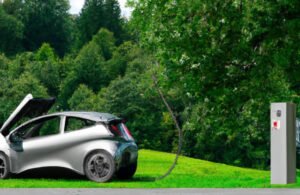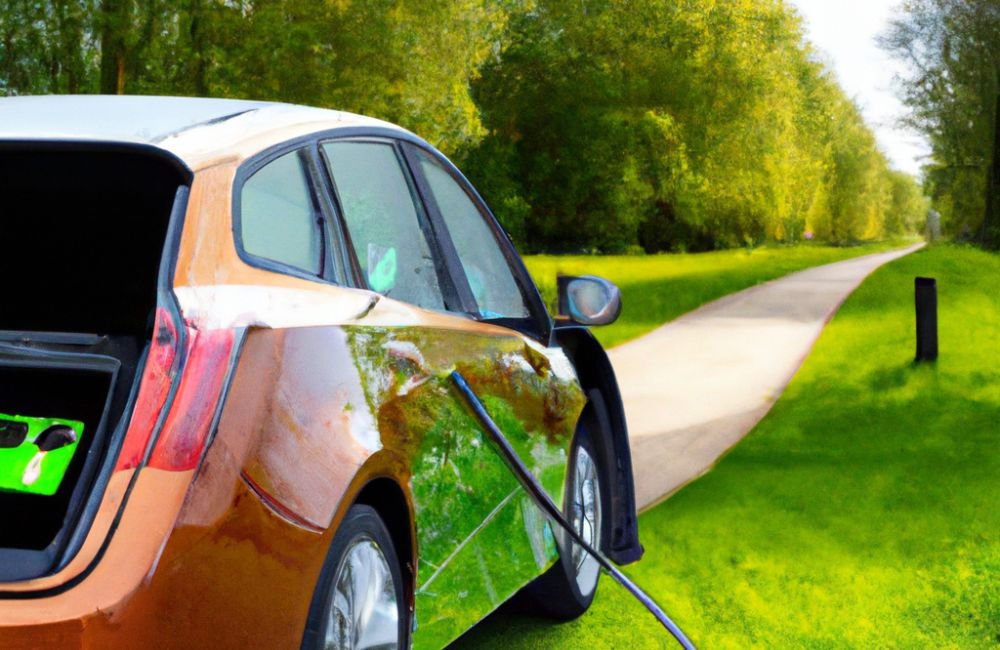The History Of Electric Vehicle History: A Positive Trend Towards Sustainability
The transportation industry has undergone a remarkable evolution, with electric vehicles, or EVs, at its forefront. From their humble beginnings to the revolutionary advancements in the 21st century, the timeline of EVs narrates a compelling story of innovation, challenges, and global impact.
Nowadays, electric cars serve more purposes than just transportation since more people are choosing to live more sustainably and ecologically. EVs mark a substantial change toward greener and cleaner mobility in the modern world. To comprehend the advancements in the automotive sector and the continuous endeavors to reshape the world towards a sustainable future, one must have a thorough understanding of the history of electric vehicles..
Early Concepts and Developments
The journey of electric vehicles dates back to the early days of automotive innovation. The invention of the electric car paved the way for early prototypes, though they faced numerous challenges, including limited range and infrastructure.
Rise and Fall: 19th to 20th Century
Surprisingly, electric vehicles enjoyed popularity in the late 19th century, but factors like limited battery technology and the emergence of internal combustion engine cars led to their decline. The 20th century saw the dominance of traditional vehicles.
Resurgence of Electric Vehicles in the Late 20th Century
The late 20th century witnessed a renewed interest in electric vehicles. These moves are completely driven by environmental concerns and a quest for more sustainable future. Technological advancements in battery technology and the introduction of hybrid vehicles marked the resurgence of EVs.
The 21st Century Revolution
The 21st century ushered in a revolution for electric vehicles led by several breakthroughs in battery efficiency, the rise of Tesla, and increased support from governments globally. This period saw a significant shift in market dynamics and consumer perception.
Important Turning Points and Novelties
The current state of the electric vehicle industry can be attributed in large part to the advancement of autonomous driving technology and the entry of Tesla into the market. Other significant players have also aided in the expansion of the industry, aside from Tesla.
Global Impact of EVs
 EVs have not only reduced carbon footprints but also influenced the entire automotive industry. Governments worldwide have embraced electric mobility as a key component of sustainable transportation.
EVs have not only reduced carbon footprints but also influenced the entire automotive industry. Governments worldwide have embraced electric mobility as a key component of sustainable transportation.
Challenges and Solutions
Despite the progress, challenges such as range anxiety and infrastructure limitations persist. However, ongoing innovations in charging technology and government initiatives aim to overcome these hurdles.
Future Prospects of EVs
Looking ahead, the future of electric vehicles holds promising developments. Anticipated advancements in technology and a more integrated approach to transportation signify a shift towards a sustainable and electric future.
Electric Vehicles in Popular Culture
Electric vehicles are not just a mode of transport; they have permeated popular culture, influencing media representation and changing societal perceptions. Their cultural impact extends beyond the roads.
EV’s Potential to Mitigate the Impact of Climate Change
The auto industry is working hard to highlight EVs as an essential way to reduce greenhouse gas emissions at a time when the effects of climate change are still being felt around the world. Global endeavors are underway to shift towards environmentally friendly transportation and mitigate the effects of global warming.
Advancements in EV Design
The evolution of electric vehicle design is not just about functionality but also aesthetics. Collaborations between traditional automakers and tech companies have resulted in innovative and appealing electric vehicles.
Consumer Adoption Trends
Consumer preferences are shifting towards EVs, driven by factors such as environmental consciousness and affordability. The automobile industry is working towards making EVs more accessible to a wider audience.
Electric Vehicles in Different Sectors
Beyond personal transport, EVs are making an impact in public transportation and various industrial sectors. Their adoption in these domains contributes significantly to overall sustainability.
Conclusion
In conclusion, the history of electric vehicles reflects a journey from skepticism to widespread acceptance. The ongoing evolution of EVs is not just a technological shift but a cultural transformation towards a cleaner and more sustainable future.
For more detailed information regarding EVs, the following resources may be useful:


